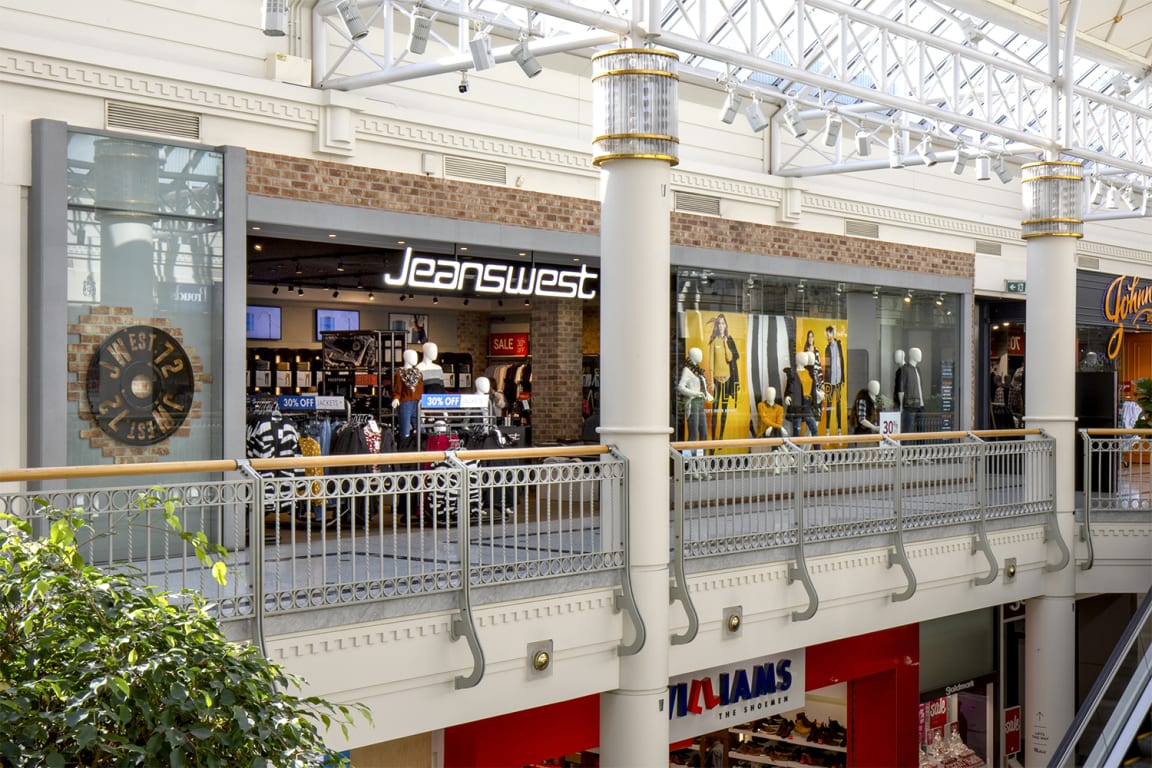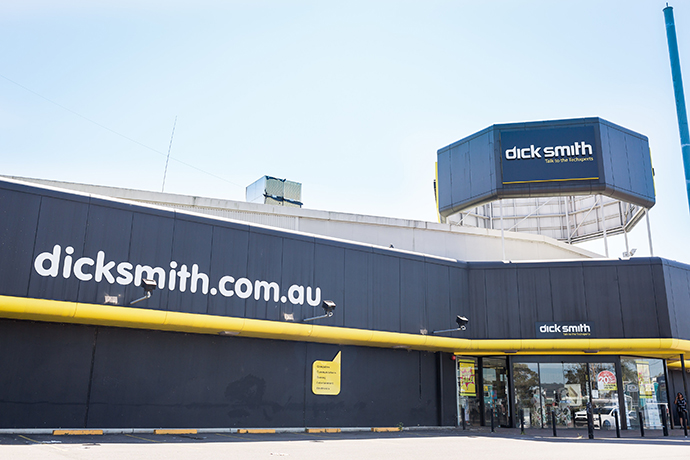 We all know the way we shop is changing, but the sentimental hit we take when a bricks and mortar retailer shuts its doors is still as strong as ever.
We all know the way we shop is changing, but the sentimental hit we take when a bricks and mortar retailer shuts its doors is still as strong as ever.
The closure of iconic retail brands has become more common in recent years – and it’ll continue too, with forecasts of more collapses this year.
Earlier this month we saw Jeanswest – a shopping centre staple since the 1970s – fall into voluntary administration, while in recent years we’ve seen the likes of Bardot, Napoleon Perdis, Roger David, Toys ‘R’ Us, Forever 21, Dick Smith and countless others either close massive numbers of stores, or disappear from the retail landscape entirely.
Sometimes, retail closures are just a part of natural attrition. A better product comes along, an industry changes, trends move on and bricks and mortar retail often struggles to adapt to such shifts.
In many cases however, the struggle of retail comes down to two things: the influence of online shopping, and how traditional shops operate in Australia.
The rise of online shopping is difficult to challenge when you’re a bricks and mortar retailer open for only about 30 per cent of the time an online retailer is available to shoppers.

You’re banking on the social experience of shopping to keep you afloat; and the ‘want it now’ attitude. Plus, there’s always the personalised service and advice you can get from a retailer.
Ah, service. Let’s talk about service.
Go back a decade or so and the sales person at a shop often made the difference between buying a product and not. Their advice was critical and as a shopper you saw them as having a level of expertise above your own – will this product do what I need it to and how does it operate?
In 2020, however, the story is very different. A little bit of research online seems to deliver a far superior knowledge base than the person in the shop, not only because of the information available at your fingertips but because retail workers seem more poorly trained, more distracted and less informed than ever.
And what about marketing?
So many of these retailers that have been forced to close their doors entirely or cut stores from their network have walked away from traditional media, deciding that social media and Google advertising was the be all and end all for their business exposure.

This seems somewhat foolish, given that print newspapers and magazines still have strong audience reach, while free-to-air TV and traditional radio stations deliver audience numbers the envy of many online options.
A recent survey conducted by us here at the Weekender found a staggering 85 per cent of people would trust news or an advertisement they saw in a print publication versus seeing it online.
Retailers have been convinced to switch to the digital revolution without legitimately good research to prove it’s the right method and without trying to find a balance between the traditional forms of advertising, utilised to inform huge chunks of the bricks and mortar target audience, and the new forms of marketing, which I’d suggest remain unproven in terms of return on investment for businesses.
Too many retailers are being guided by marketing ‘gurus’ in their 20s without a realistic understanding of the audiences they’re trying to attract and the media they are consuming.
But perhaps the biggest struggle of retail in Australia is the traditional 9-5 trading hours, which were developed at a much different time in our social evolution.
Late night shopping on a Thursday simply doesn’t cut it anymore. Retailers need to be open later to attract the after-work dollar that is currently being spent online.
Look overseas and you will find your answer – trading well into the night, or at least until 8pm, is commonplace.
Bricks and mortar retail will survive in some form or another in Australia, but for it to do so there needs to be a significant shake-up, and it needs to start with a re-think on service, marketing and trading hours.

Troy Dodds
Troy Dodds is the Weekender's Managing Editor and Breaking News Reporter. He has more than 20 years experience as a journalist, working with some of Australia's leading media organisations. In 2023, he was named Editor of the Year at the Mumbrella Publish Awards.
